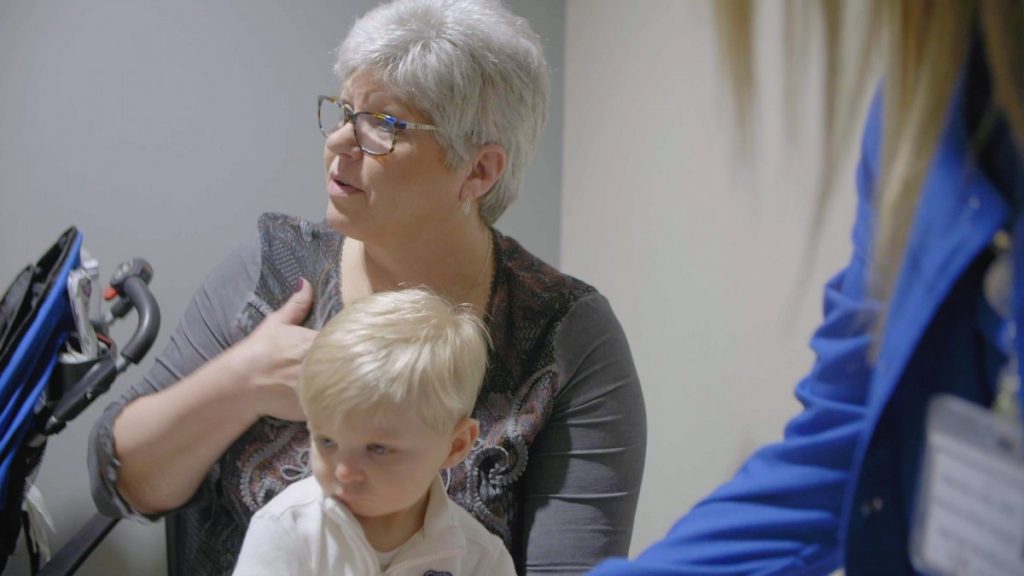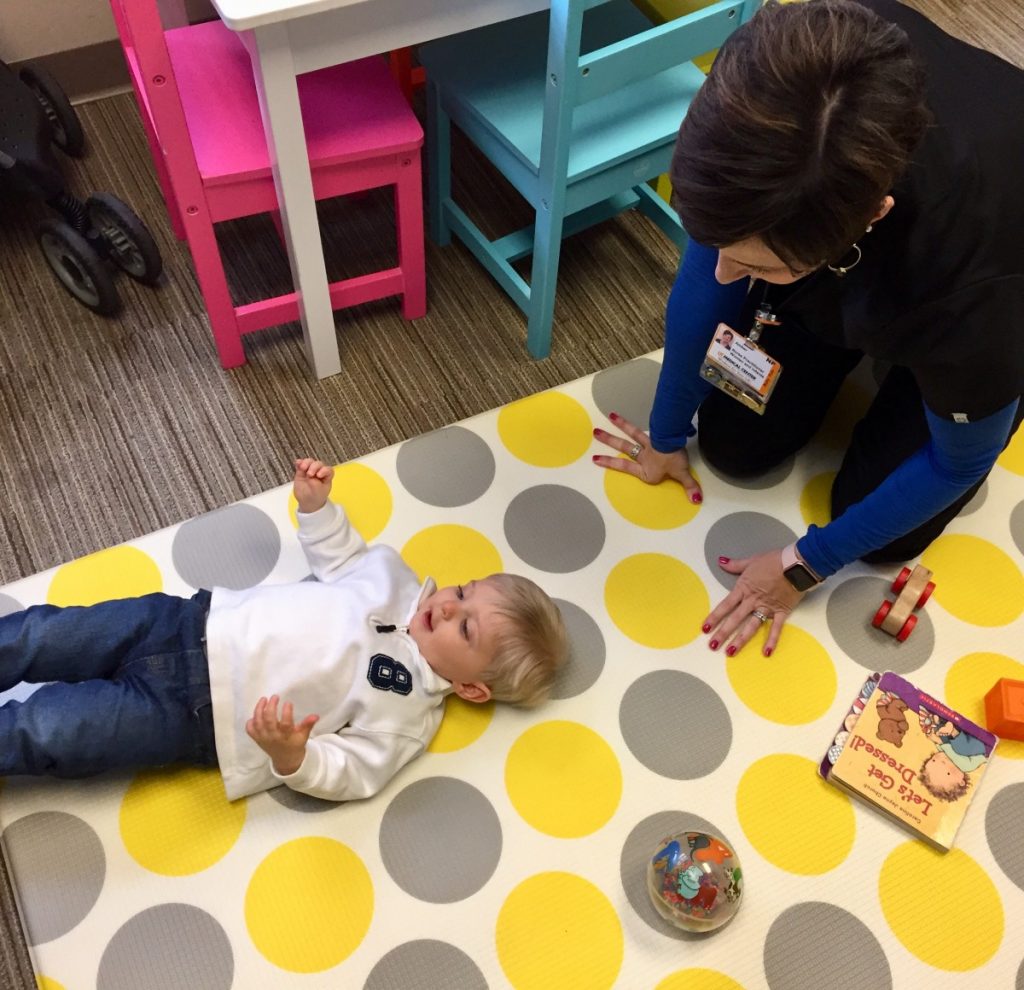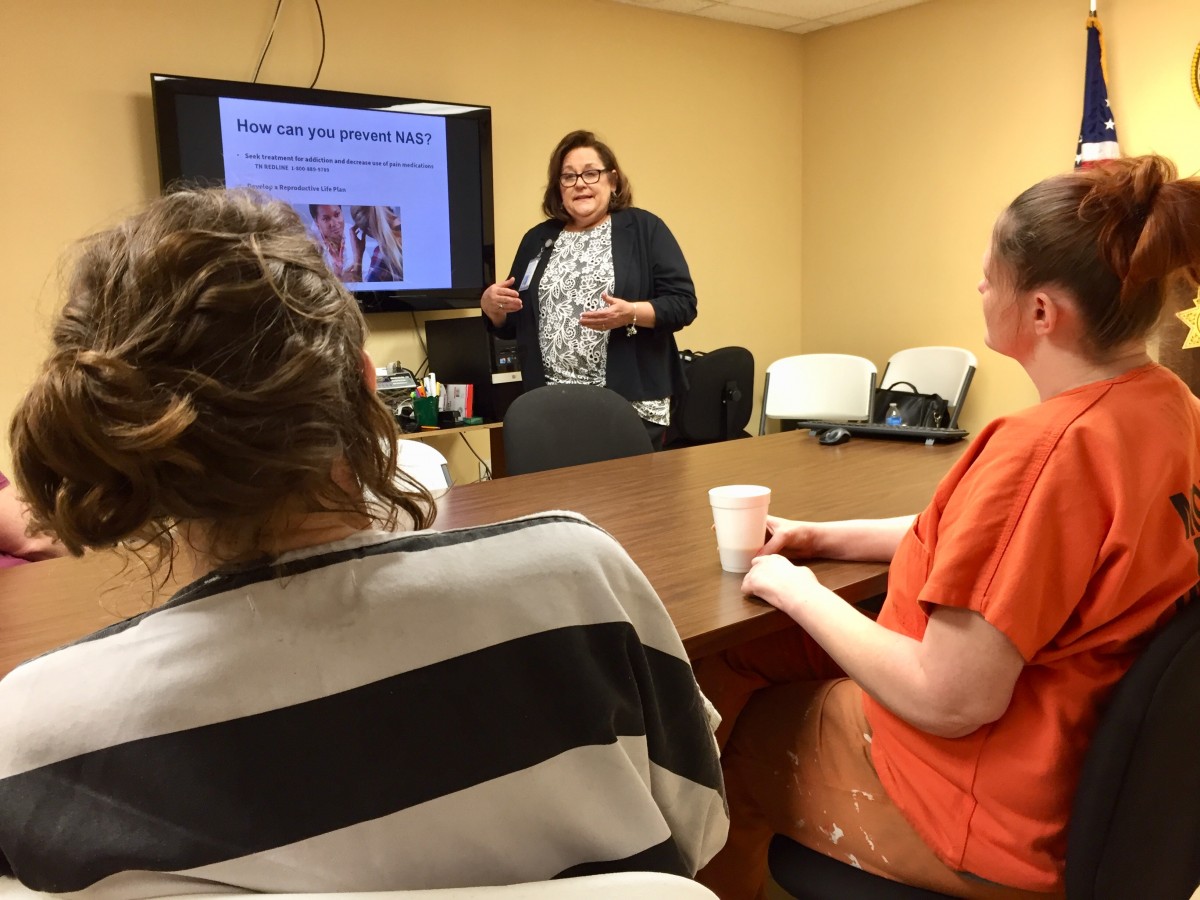Across the country, the opioid epidemic is pushing thousands of grandparents back into the role of parent as they step in to raise their grandchildren while their own children struggle with addiction, are incarcerated, or have died from a drug overdose.
The number of children living with grandparents, other relatives or close family friends has jumped nearly 18 percent over the last decade to more than 2.7 million.
The ripple effects of the increase inspired bipartisan legislation called the Supporting Grandparents Raising Grandchildren Act, signed last year by President Donald Trump. The law aims to better coordinate services to support the intergenerational families of the opioid epidemic.

More support for grandparents raising grandchildren is sorely needed, said Kathy Lambert. The 61-year-old grandmother in East Tennessee is raising her nearly 2-year-old grandson Kayden.
“It’s unreal right now how many grandparents are raising these children and doing the best they can,” Lambert said. “Some are on fixed incomes, some are on disability and they’re loving these children because they’re their blood.”
Lambert spent thousands of dollars she’d saved for retirement to seek legal custody of her blonde-haired, blue-eyed grandson after his mother’s struggles with addiction left her unable to parent. Lambert now cares for Kayden from morning to night at the tidy, well-cared-for brick home in Lenoir City, around an hour outside Knoxville, where the walls hold decades of framed family portraits, mementos and memories.

They’re the sorts of decorations found in many retired seniors’ longtime homes. But, a deeper look quickly reveals another reality. Toys pile up along the walls in a back bedroom. In the living room is a retractable fabric play tunnel. On most days, Lambert spends hours crawling on her hands and knees at the tunnel with Kayden in an effort to promote his cognitive and physical development.
She’s concerned he’s lagging behind. The toddler was exposed to opioids and meth before birth
“He’s going to grow up just like any other child,” Lambert said. “I mean, I live in the same home but…he’s not going to be just living with some old person sitting in a house not doing anything.”
Producer: Jess Mador
Cinematographer: Joanie Tobin
Editor: David Smith
Additional Editing: Nikki Tundel
This story is part of the series Born Exposed, exploring access to medical and rehabilitative care in Appalachia for opioid-affected women and their babies. Born Exposed is a project of 100 Days in Appalachia, West Virginia Public Broadcasting and the Ohio Valley ReSource.



